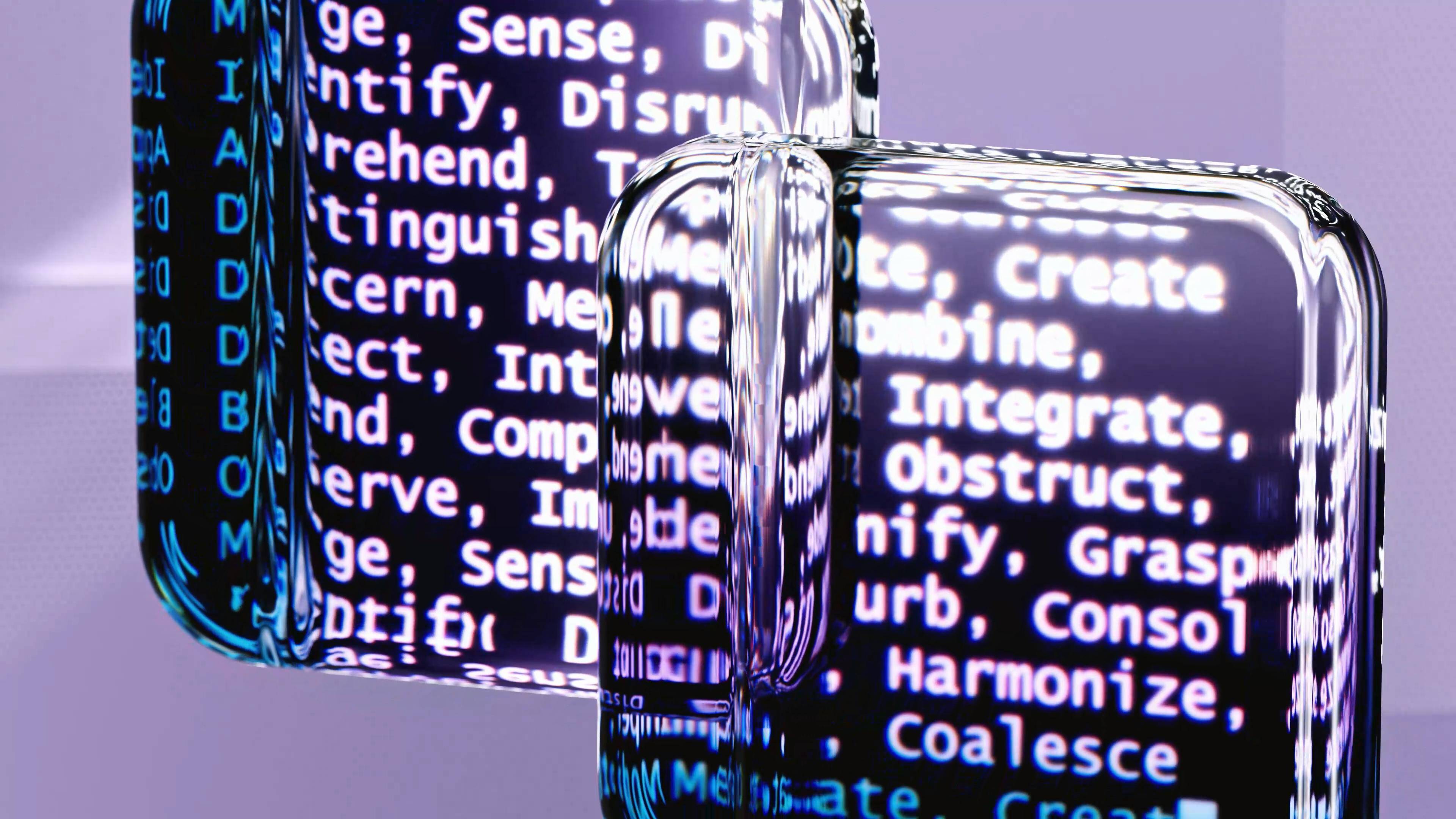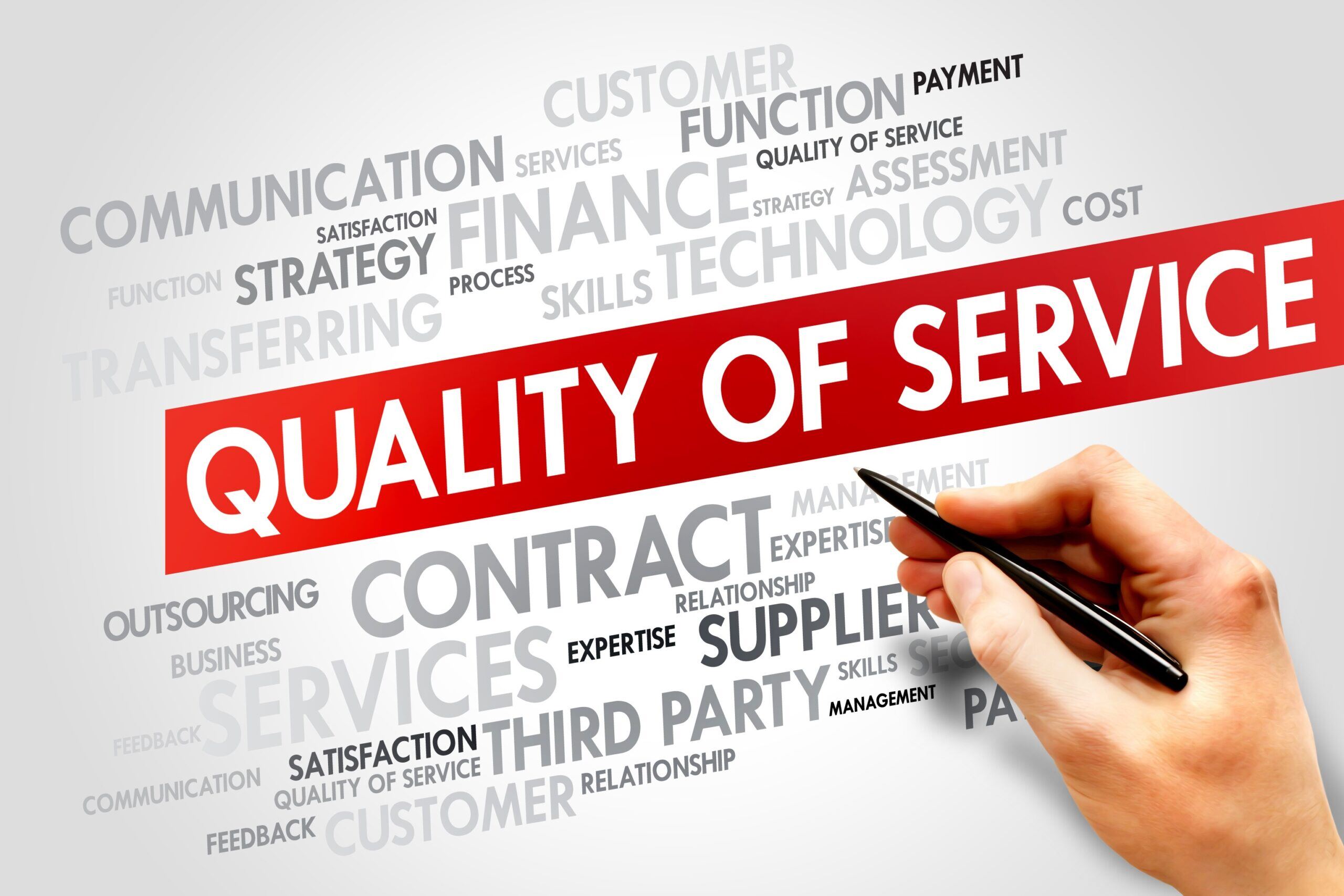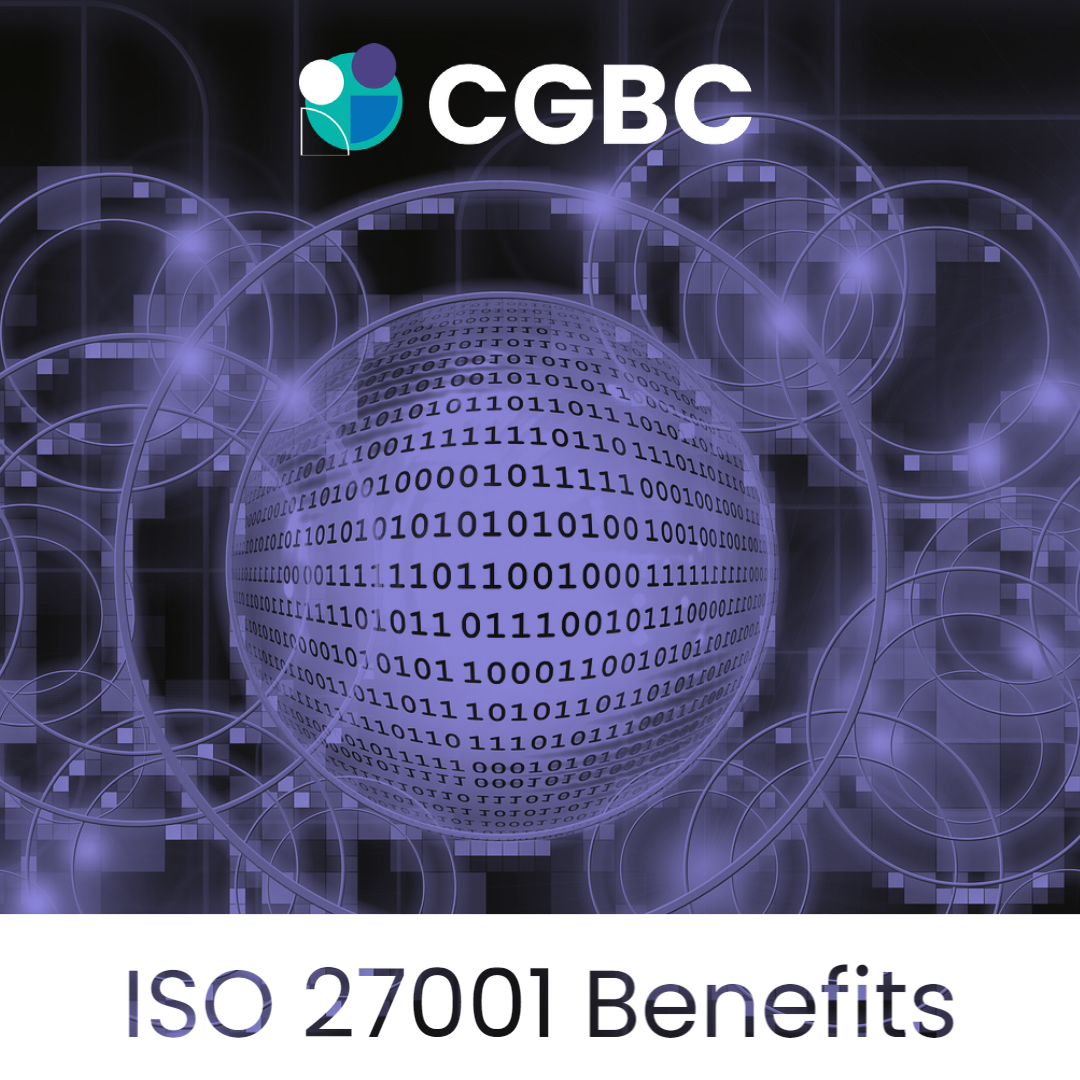What the New ISO Standard for AI Means for Businesses
Artificial Intelligence (AI) has revolutionised the way businesses operate, offering innovative solutions to complex problems and driving efficiency...
3 min read
Niamh Dermody : Nov 13, 2024 2:13:24 PM

In today’s rapidly evolving technological landscape, artificial intelligence (AI) is no longer just a buzzword; it’s a transformative force across industries. As organisations integrate AI into their operations, the importance of maintaining quality, safety, and consistency becomes even more crucial. This is where ISO (International Organization for Standardization) standards come into play. The correlation between ISO standards and AI is creating a foundation for reliable, ethical, and efficient AI-driven processes, driving innovation while safeguarding quality.
ISO standards are internationally recognised documents that help ensure products, services, and systems meet consistent quality, safety, and efficiency benchmarks. These standards cover a wide range of industries, from manufacturing to information technology, and play a critical role in establishing trust between businesses and consumers.

As AI systems become more prevalent, the need for standardised approaches to their development and deployment has grown. Here’s how ISO standards are beginning to intersect with AI:
One of the key benefits of ISO standards is their ability to ensure quality and consistency. In AI development, where algorithms can have far-reaching impacts, maintaining high standards is essential. ISO standards provide a framework for organisations to develop AI systems that are robust, reliable, and consistent.
For instance, ISO/IEC 25010, which outlines software quality models, can be applied to AI systems to ensure they meet specific quality attributes like reliability, usability, and security. By adhering to these standards, companies can build AI solutions that not only perform well but also maintain a high level of trustworthiness.
AI presents unique ethical challenges, from bias in algorithms to concerns about privacy and security. ISO is actively developing standards that address these challenges. For example, ISO/IEC 22989 is being developed to provide guidelines on the ethical use of AI, focusing on fairness, transparency, and accountability.
These standards are critical for ensuring that AI technologies are developed and used in a way that respects human rights and fosters trust. As businesses increasingly rely on AI, adhering to these ethical standards can help prevent the misuse of AI and protect the interests of users and stakeholders.
ISO standards are developed and recognised globally, making them a key tool for fostering international collaboration. In the AI space, where innovation often requires cross-border cooperation, adhering to common standards can streamline the development process and reduce barriers to entry.
ISO/IEC JTC 1/SC 42 is the subcommittee dedicated to developing standards for AI. By providing a standardised framework, this subcommittee enables companies from different countries to collaborate more effectively, share knowledge, and drive innovation. This global approach helps accelerate the development of AI technologies while ensuring they meet high standards of quality and safety.

For businesses, adopting ISO standards in AI development isn’t just about compliance, it’s also a strategic advantage. Here’s why:
Building Trust with Stakeholders: ISO-certified AI systems signal to customers, partners, and regulators that a company is committed to quality and ethical practices. This can enhance a company’s reputation and foster trust.
Improving Efficiency: By following established standards, businesses can reduce the time and resources needed to develop AI systems, leading to faster innovation cycles and more efficient operations.
Mitigating Risks: Adhering to ISO standards can help identify and mitigate potential risks in AI systems, such as biases, security vulnerabilities, or ethical concerns. This proactive approach can prevent costly errors and protect the company’s brand.
As AI continues to evolve, so too will the standards that govern its development and use. ISO’s role in this future is crucial, providing the guidelines necessary to navigate the complexities of AI while ensuring that innovation is balanced with responsibility.
Looking ahead, we can expect more AI-specific ISO standards to emerge, covering areas such as AI governance, lifecycle management, and human-AI interaction. These standards will help organisations harness the full potential of AI while maintaining the high standards of quality and ethics that are central to their success.
The correlation between ISO standards and AI is shaping the future of technology and business. By providing a framework for quality, consistency, and ethics, ISO standards are helping organisations navigate the challenges and opportunities of AI. For businesses, embracing these standards is not just about compliance; it’s about leading the way in innovation, building trust with stakeholders, and creating AI systems that are not only cutting-edge but also reliable and responsible.
As AI becomes increasingly integral to business strategy, the role of ISO standards in guiding this transformation will only grow, ensuring that the future of AI is one that benefits both businesses and society at large.

Artificial Intelligence (AI) has revolutionised the way businesses operate, offering innovative solutions to complex problems and driving efficiency...

What benefits does Internationalisation Standardisation bring to my business?

The benefits of ISO 27001 to your company are far greater than you think! Implementing an Information Security Management System or ISMS will provide...